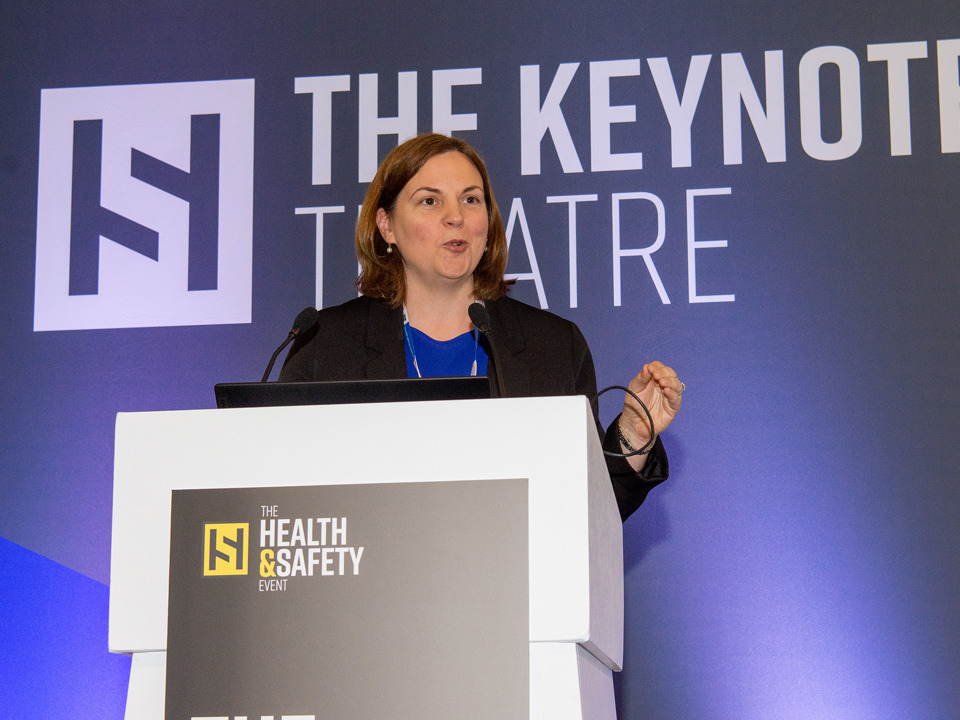About IOSH
Who we are and what we do
We are the Institution of Occupational Safety and Health (IOSH), the Chartered body for health and safety professionals. Founded in 1945, we are a charity with a simple vision – a safe and healthy world of work for everyone. Our commercial activity generates income which we use in pursuit of our charitable objects. With more than 50,000 members in over 130 countries, we’re an organisation with a global outlook and influence.

What we do
We’re the voice of the occupational health and safety (OSH) profession and support our members to make the world of work safer and healthier.
Find out about the different parts of our work, including our products and services, our strategy and how we connect with the OSH community around the world.

How we are run
We have worldwide recognition as the leading membership organisation for OSH professionals. Find out about our people, governance, working practices and performance, including annual reports.

80 years of voluntary effort
In April 1945, a number of members of the Royal Society for the Prevention of Accidents (RoSPA) met in London. They agreed to form a special group within RoSPA, dedicated to the prevention of industrial accidents.
This was the modest beginning of what eventually became the Institution of Occupational Safety and Health, and they were its pioneering volunteers. They were convinced their efforts would benefit workers and businesses everywhere.
Eighty years on, the purpose and voluntary ethic continue.
Activate 2028
One person dying because of work is a tragedy – 7,500 a day is a travesty. Yet an estimated 2.78 million people still die every year due to work-related illnesses and accidents. We’ve developed Activate 2028 with this figure in mind.

IOSH in action
Our strategy, Activate 2028, is all about action. So, we’re working with our global partners to deliver high-impact projects on the ground.
We’ve chosen to support four projects in rural African communities. The women here are at risk of chronic workplace harm. We aim to improve working conditions and ultimately save lives.
 IOSH
IOSH





